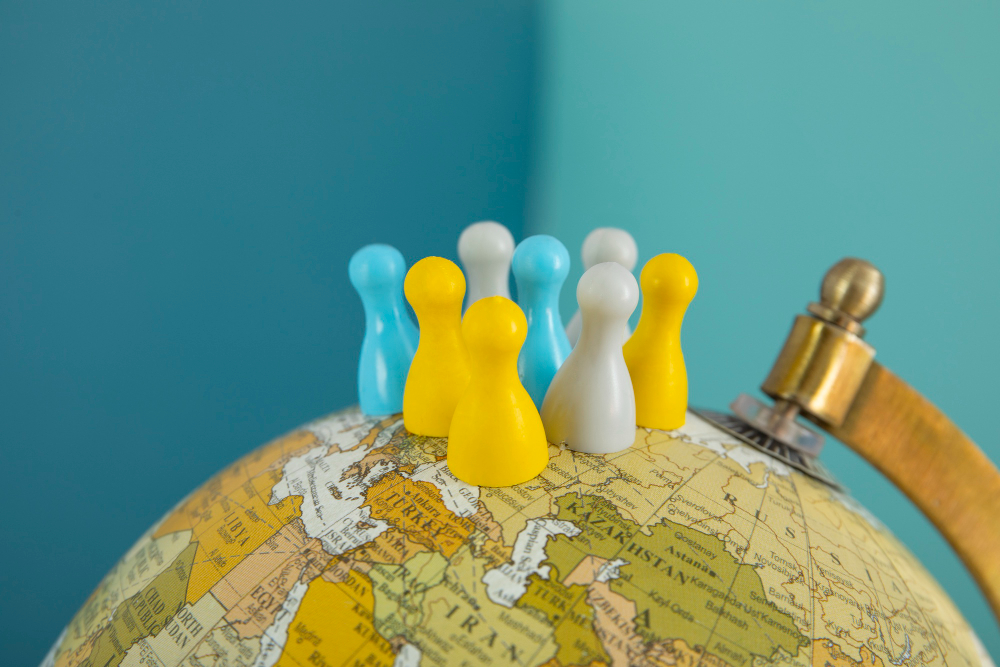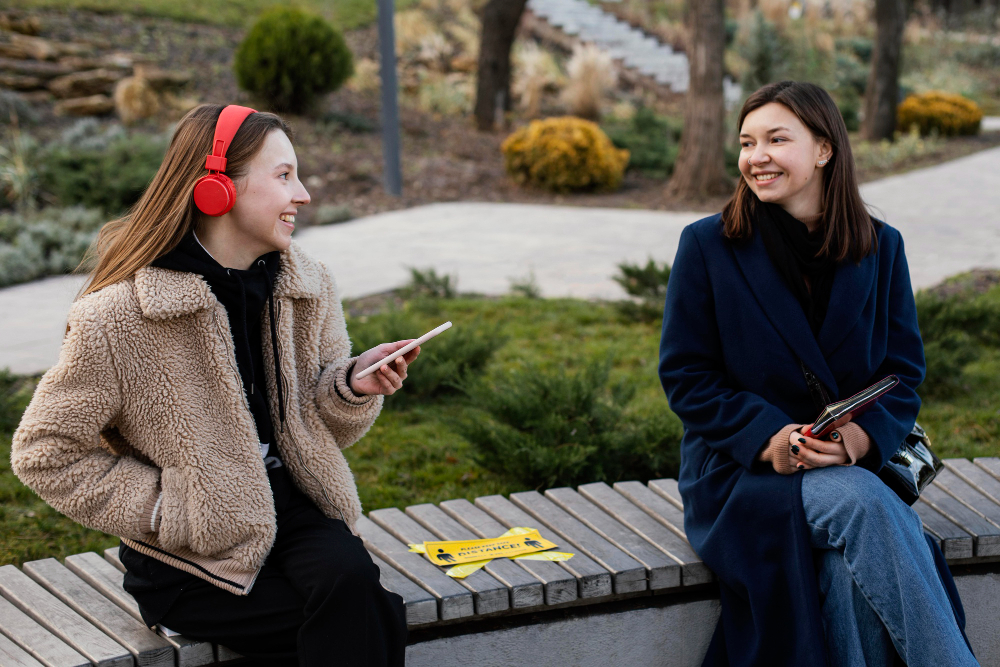
Which of People’s Behavior Is Most Helpful for Reducing Air Pollution
In the battle against air pollution, every individual has a role to play in making a positive impact on the environment. While government policies and industrial regulations are crucial for addressing air quality issues on a larger scale, the collective actions of individuals can also significantly contribute to reducing air pollution. Let’s explore some behaviors that are most helpful for combating air pollution and preserving the health of our planet.
Using Alternative Modes of Transportation
One of the most effective ways individuals can reduce air pollution is by opting for alternative modes of transportation that produce fewer emissions. Walking, cycling, carpooling, and using public transportation are all eco-friendly alternatives to driving solo in a gasoline-powered vehicle. By reducing the number of vehicles on the road and choosing low-emission transportation options, individuals can help decrease the amount of harmful pollutants released into the air.
Conserving Energy at Home
Another impactful way individuals can contribute to reducing air pollution is by conserving energy at home. Energy production from fossil fuels is a major source of air pollution, so reducing energy consumption can help decrease emissions. Simple actions such as turning off lights and appliances when not in use, using energy-efficient appliances, insulating homes to reduce heating and cooling needs, and utilizing natural light can all help conserve energy and reduce air pollution.
Supporting Renewable Energy Sources
Supporting the use of renewable energy sources such as solar, wind, and hydropower is another effective way to reduce air pollution. Renewable energy sources produce minimal or no emissions during energy generation, unlike fossil fuels such as coal, oil, and natural gas. Individuals can support renewable energy by installing solar panels on their homes, purchasing renewable energy credits, and advocating for policies that promote the expansion of renewable energy infrastructure.
Minimizing Waste and Recycling
Reducing waste and recycling materials are important actions that can help mitigate air pollution. Landfills are a significant source of air pollution, emitting greenhouse gases and harmful pollutants such as methane and volatile organic compounds. By reducing waste through practices such as composting, reusing items, and recycling materials such as paper, glass, and plastic, individuals can help decrease the environmental impact of waste disposal and reduce air pollution.
Choosing Environmentally-Friendly Products
Opting for environmentally-friendly products can also contribute to reducing air pollution. Many household and personal care products contain volatile organic compounds (VOCs) and other harmful chemicals that can contribute to air pollution when released into the atmosphere. Choosing products with eco-friendly certifications, such as the USDA Organic label or the Green Seal, can help minimize air pollution and protect human health.
Planting Trees and Greenery
Planting trees and other greenery is a natural way to help combat air pollution. Trees absorb carbon dioxide, a major greenhouse gas, and release oxygen through photosynthesis. Additionally, trees help filter out pollutants from the air, such as particulate matter and nitrogen oxides. Individuals can contribute to air quality improvement by planting trees in their communities, supporting reforestation efforts, and participating in local tree-planting initiatives.
Advocating for Clean Air Policies
Finally, individuals can make a difference in reducing air pollution by advocating for clean air policies and supporting initiatives aimed at improving air quality. This may involve participating in grassroots advocacy efforts, contacting elected officials to express support for clean air legislation, and voting for candidates who prioritize environmental protection and sustainability. By raising awareness and mobilizing support for clean air policies, individuals can help create a healthier and more sustainable future for all.
Every Action Counts
In conclusion, there are many behaviors that individuals can adopt to help reduce air pollution and protect the environment. From using alternative modes of transportation and conserving energy at home to supporting renewable energy sources and advocating for clean air policies, every action counts in the fight against air pollution. By making conscious choices and adopting environmentally-friendly practices in their daily lives, individuals can contribute to cleaner air, healthier communities, and a more sustainable planet for future generations.



